For much of the 20th century, mainstream scientists have considered the search for alien life to be the realm of dreamers, conspiracy theorists and quacks. But recent discoveries forced the scientific community to reevaluate the circumstances in which life can exist and, with that, reconsider the once nearly unthinkable possibility that there might be alien life in our own planetary backyard. In this Aeon interview, the UK space scientist Monica Grady discusses major developments in the search for extraterrestrial life over the past few decades, the most promising planetary candidates that could harbour life in our solar system, and raises some of the ethical and existential implications of humanity’s search for life beyond Earth.
Finding alien life raises huge ethical questions. Finding we’re alone does, too

videoSpace exploration
Imagine alien signals are detected. Here’s what happens next
3 minutes

videoAstronomy
Finding alien life demands real imagination – not recycled sci-fi tropes
5 minutes
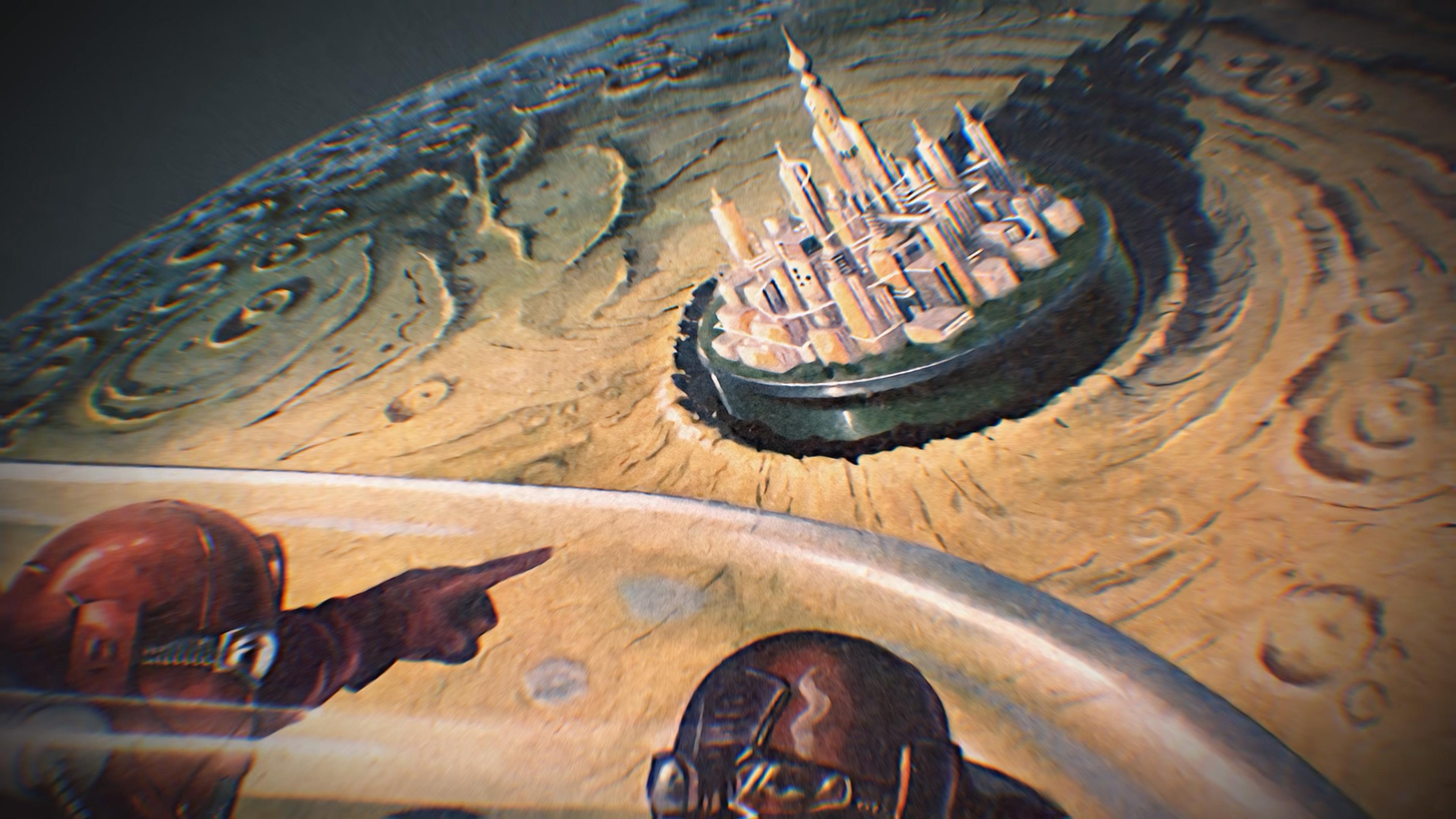
videoAstronomy
The history of astronomy is a history of conjuring intelligent life where it isn’t
34 minutes
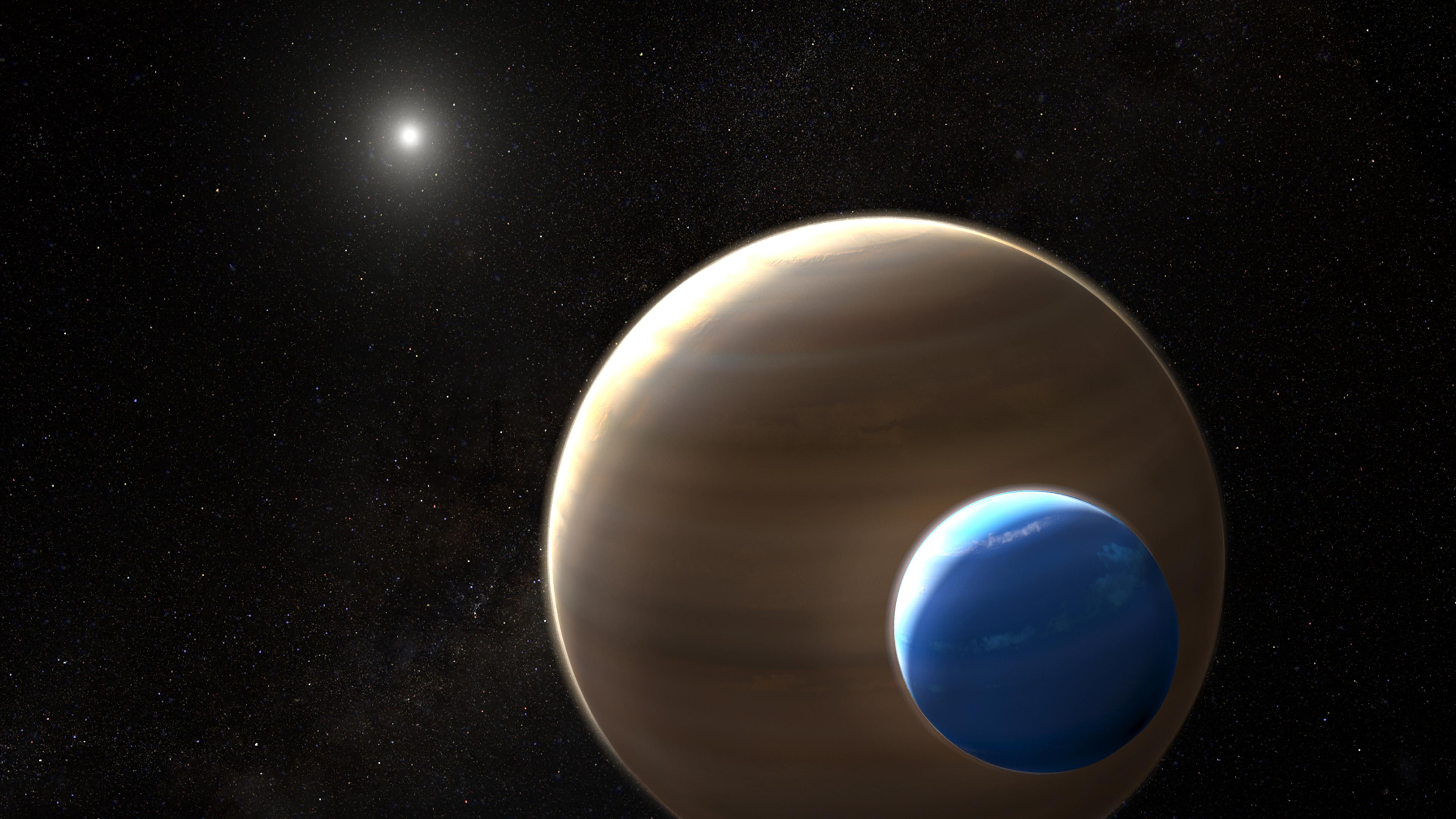
videoAstronomy
Why exomoons could be astronomy’s next big breakthrough
35 minutes

videoAstronomy
Life is durable and Earth-like planets aren’t rare. So where are all the aliens?
6 minutes
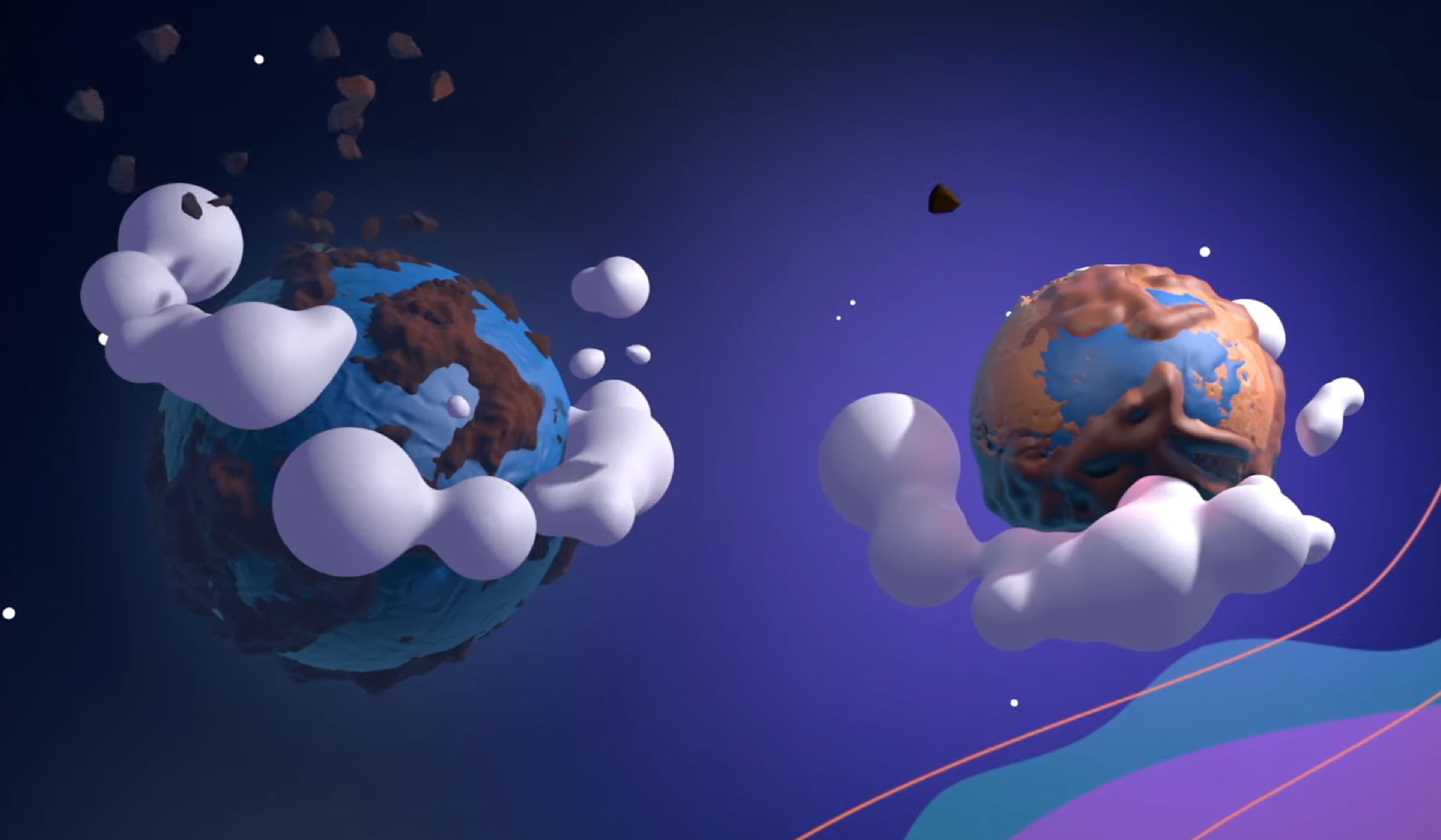
videoBiology
The idea that life on Earth originated elsewhere is not as far out as it seems
6 minutes
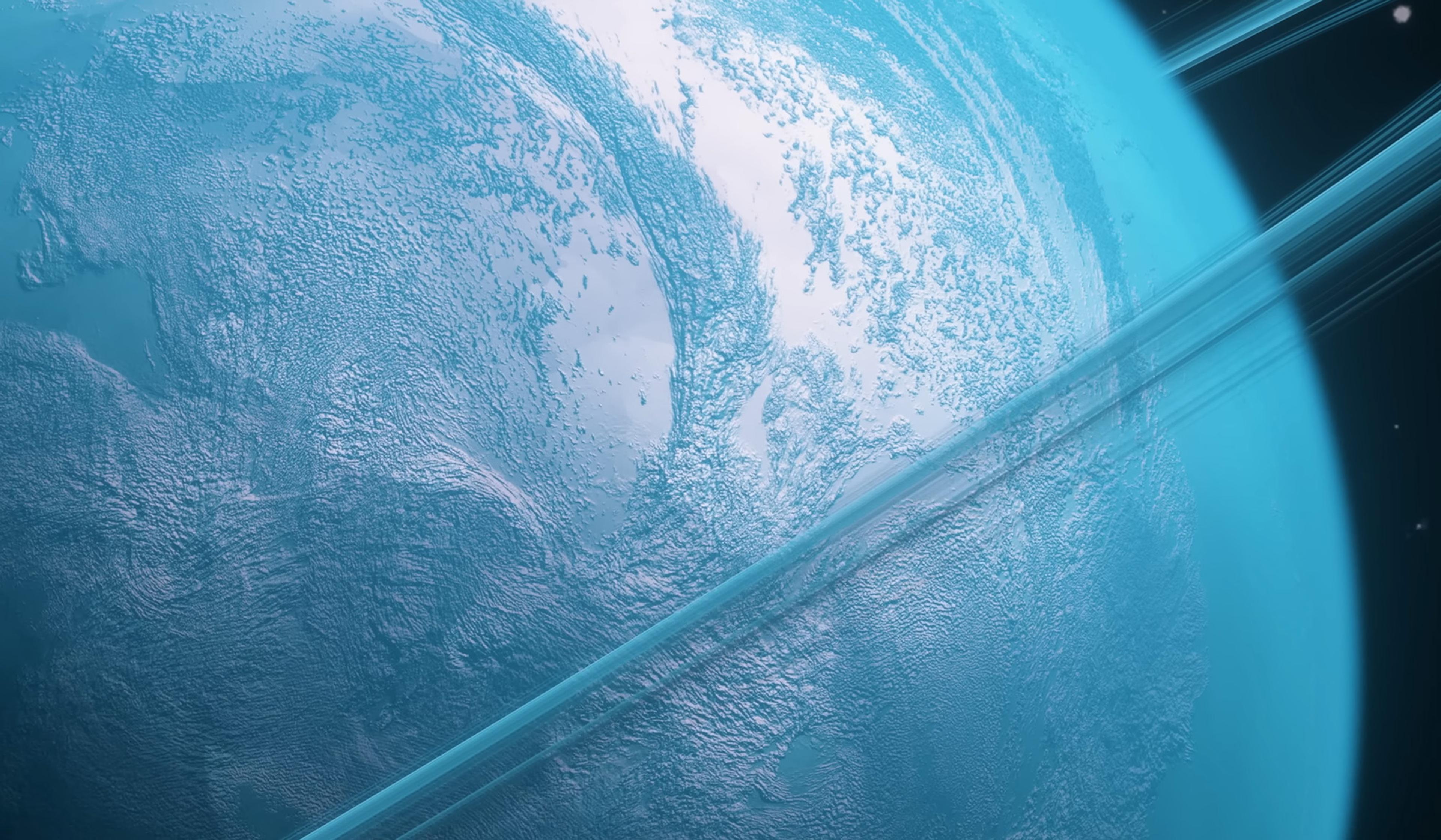
videoSpace exploration
In the search for life, might alien ocean worlds be a better bet than Earth-like planets?
5 minutes
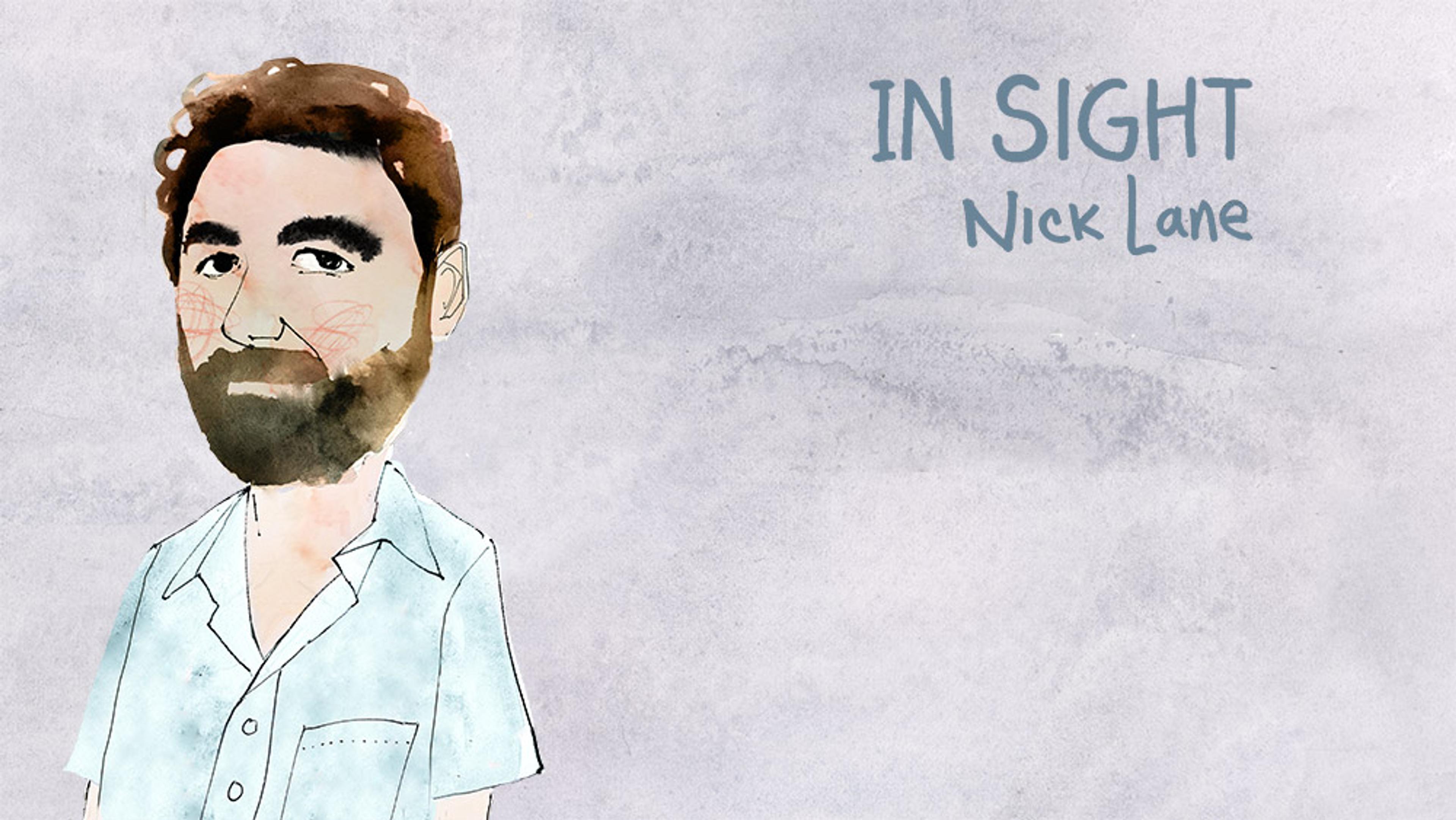
videoGenetics
Chimeras and lightning: a radical perspective on the evolution of complex life
6 minutes
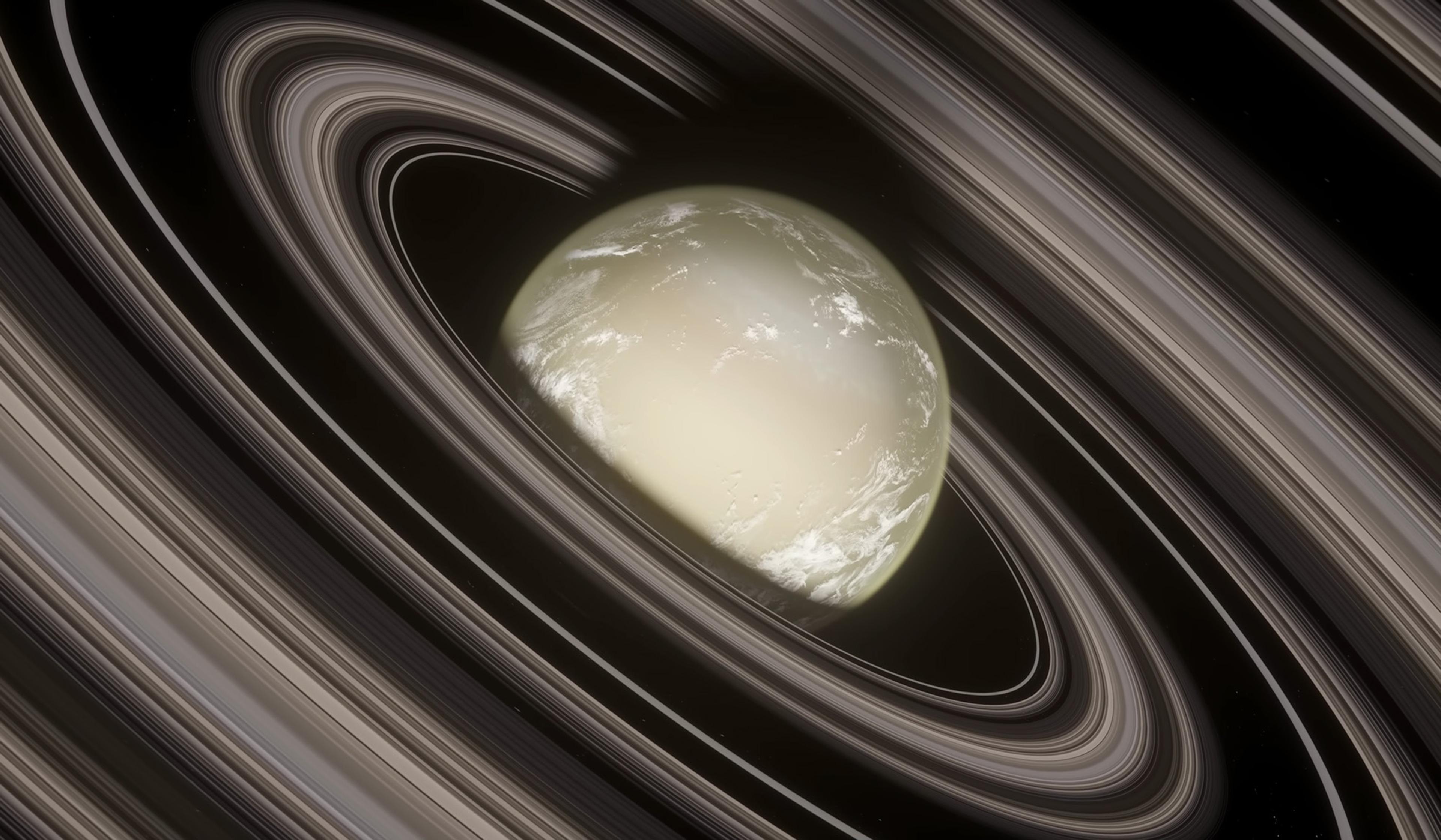
videoSpace exploration
Burning ice, metal clouds, gemstone rain – tour the strangest known exoplanets
31 minutes